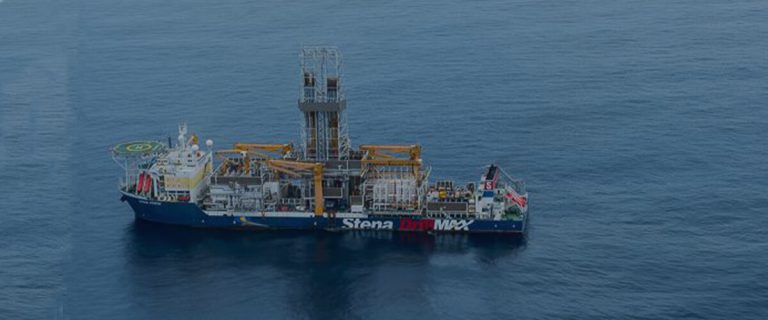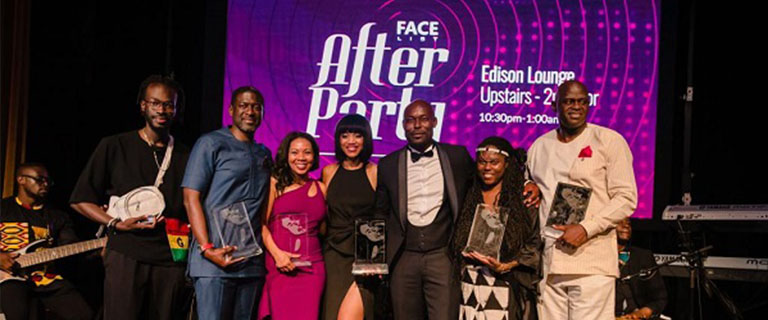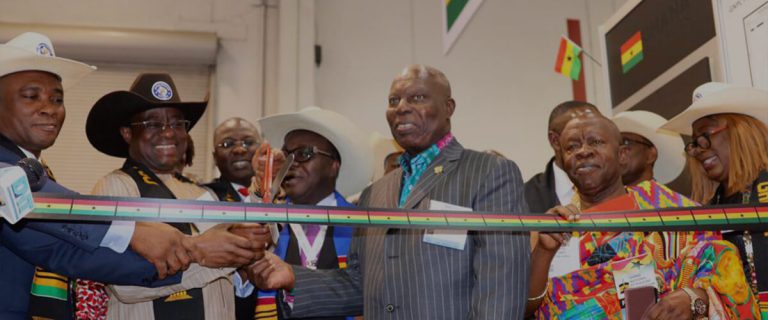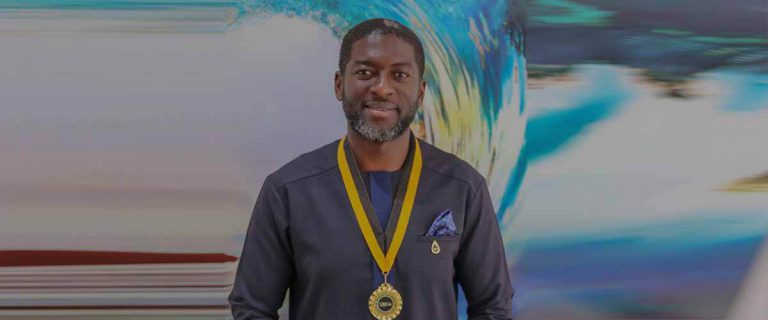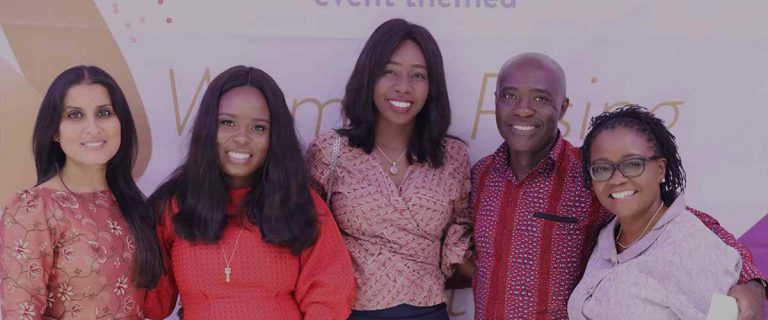Women’s participation in the workforce is a huge concern for development. The topic ignites passionate conversation during women’s history month each year. In the oil and gas industry, the issue of gender parity is especially acute.
Globally, women account for only 22% of the workforce in oil and gas and their numbers dwindle as one approaches senior management. But it is in this heavily male-dominated terrain that twenty-nine-year-old Akasemi Ollor has staked her claim.
Born in Port Harcourt, Nigeria, the avid reader and lawyer negotiated, under the auspices of George Etomi & Partners, for the acquisition of West Cape Three Points Block 2 for Springfield, the first independent Ghanaian company to acquire a major interest in an oil block.
Ollor, who currently works as the Compliance & International Business Practices Manager at Springfield, knows that her gender and her age could hinder her professional progress in a society where old-age gender norms dictate that women and young people are quiet and default to older men. But it is for this reason that she works extremely hard, knowing that no one can dispute the results of hard work, irrespective of gender and age.
In fact, Ollor’s work ethic was developed at a young age. Many people do not remember the book they read just five weeks ago, but Ollor remembers, growing up in an academic family, that not only were her early memories filled with a love for reading but, “I remember I read my first book at age 5; it was called Koku Baboni”. “From then on, I read everything I could put my hands on and books became a huge part of my life,” she recounts.
An avid reader, Ollor decided to pursue a law degree to combine her abilities and interests. At a young age, she recalls being around her dad and grandad who “had a lot of active court cases on land and chieftaincy matters“. “I saw firsthand how they used the law to protect their rights when it was infringed on and I also loved and grew to appreciate how logical the law was on peoples’ rights and obligations,” she continues.
Coupled with an aptitude for English literature, Government and Commerce subjects in secondary school, law school was a natural fit.
She worked in Lagos, Nigeria for a couple of years as a young lawyer with the renowned law firm, George Etomi & Partners. At the firm, she worked on various transactions including advising the majority interest purchaser of Eko Electricity Distribution Company in the privatization process of the Power Holding Company of Nigeria (PHCN).
She decided to move to the UK to complete her master’s degree as an NLNG and British Council fully sponsored scholar. Being the commercial, financial, trade and maritime hub lawyer, she knew an education in the UK would set her on par with the best commercial minds in the world. She immediately moved back to Nigeria upon completing her master’s degree in Maritime Law.
“It was never my intention to live in the UK as I always believed there was a lot of work to do on the continent in terms of development and Africa was the place I could make the most impact,” she says.
Upon her return and whilst still at George Etomi & Partners, she began providing consulting and transactional advisory services to various firms in Nigeria including advising on the successful merger and integration of 2 nationwide banks, Heritage and Enterprise Bank, as well as providing advice to international companies on regulatory compliance, corporate governance procedures and international best practices.
Akasemi also led research and publications at the firm authoring Nigeria’s 2016, 2017 and 2018 submission on Public Private Partnerships in “Getting the Deal Through” as well as Nigeria’s submission on “Enabling the Business of Agriculture: 2017 Report” for the World Bank Group.
She was ultimately called on to provide advice to Springfield on the negotiation and acquisition of West Cape Three Points Block 2. This would make history; positioning Springfield as the first independent Ghanaian Company to acquire a major interest in a block.
She proceeded to join Springfield in 2016 due to her key role in the WCTP2 negotiations and was tasked with setting up the compliance program and corporate governance structure for the Group. She has also helped the company to negotiate other historic transactions, including the acquisition of 3D seismic survey data services over WCTP2 from PGS, as well as the lifting of the first two cargos of the Government of Ghana’s crude oil entitlement from the TEN field.
In her role, Ollor ensures that the business is conducted according to international best practices and that risk factors in potential business transactions are identified and properly mitigated. She highlights, “I enjoy negotiating and reviewing draft documentation for business transactions to identify risk factors in potential contractual obligations, advise on mitigation strategies as well as provide risk management advice to the board of directors and senior management”.
She also enjoys conducting training that informs employees of the company’s compliance policies and best practices.
But the joy she experiences from work is met with an equal challenge: being underestimated because of her gender and age. “Gender norms dictate that women should be humble and soft-spoken so whenever a woman speaks up for herself she may be seen as aggressive meanwhile the man in that same position would be seen as assertive. Society conditions women to be people pleasers. If you give in to this, you may even find that men end up taking credit for your ideas, contribution and labour because you feel the need to please or avoid seeming conflict,” she explains.
On how she addresses it, she mentions that “I have faced these challenges by being the best I can be and by speaking up about my ideas and contribution. Thankfully, I have always worked, and still work, for companies and bosses like Kevin Okyere and Geena Malkani who are avid promoters of women empowerment and gender balance in the workplace. This support has propelled me and strengthened my confidence and resolve to always stand tall in my career.”
In a society and industry that still largely operates by the old boys club, Ollor tells other young women to “be the best that you can be. People may underestimate you but prove them wrong every time. You can never argue with hard work and merit as the work product would ultimately speak for itself. Finally, do not be afraid to own your achievements and be proud of every single one.”




